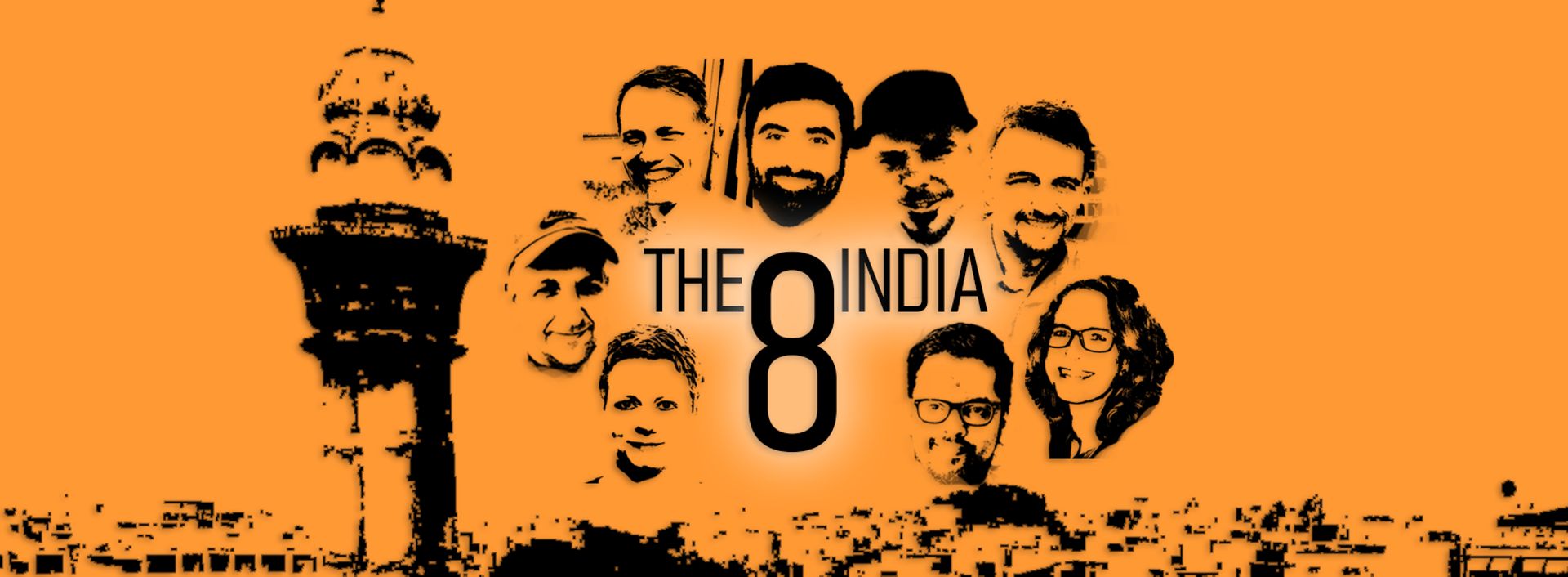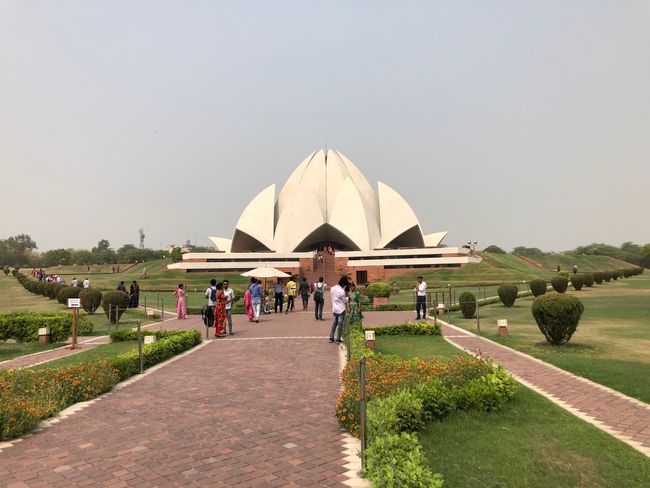Day 11 - An End and a Beginning
Gepubliseer: 15.01.2020
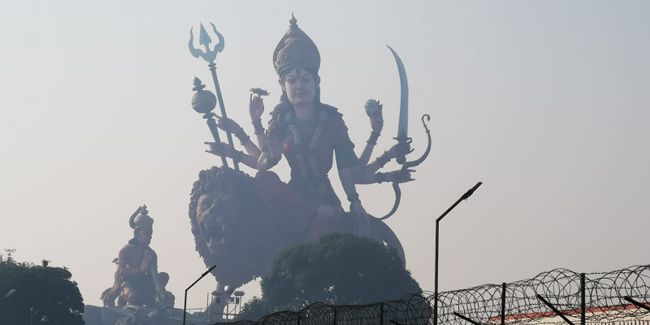
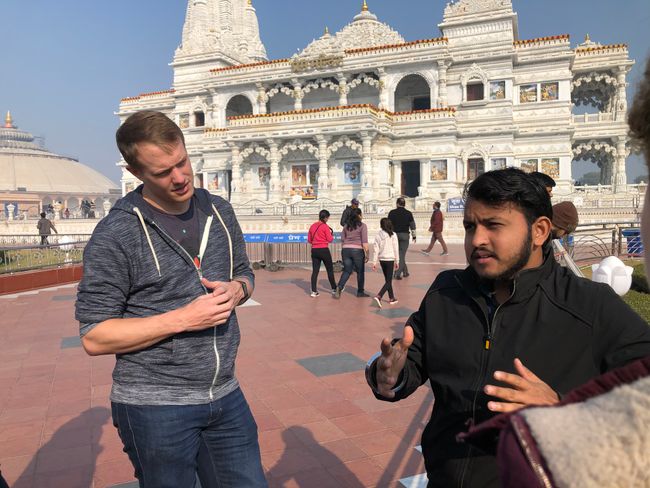
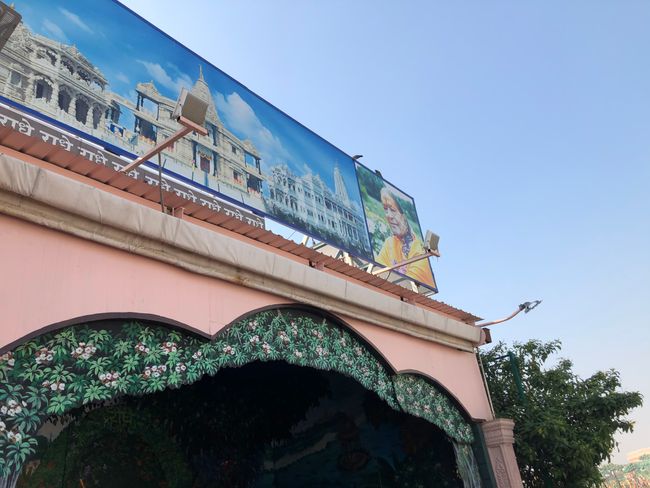
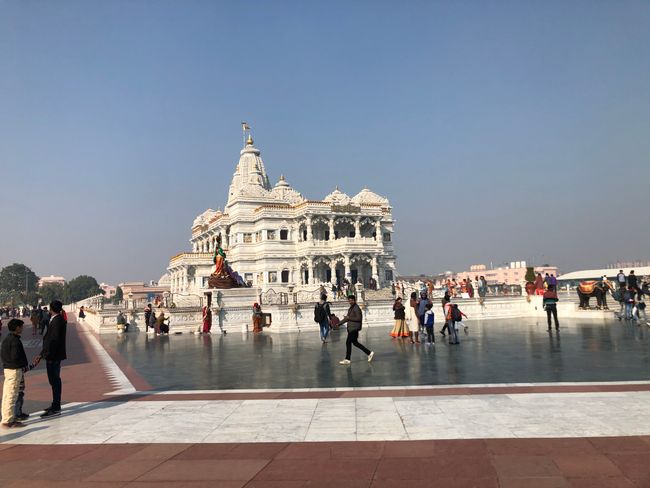
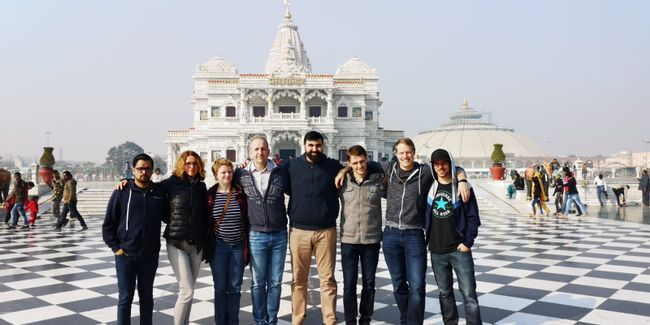
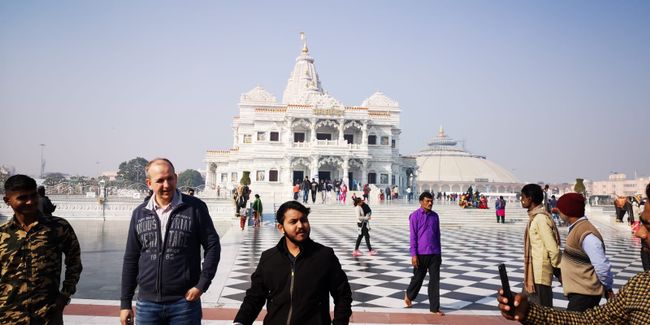
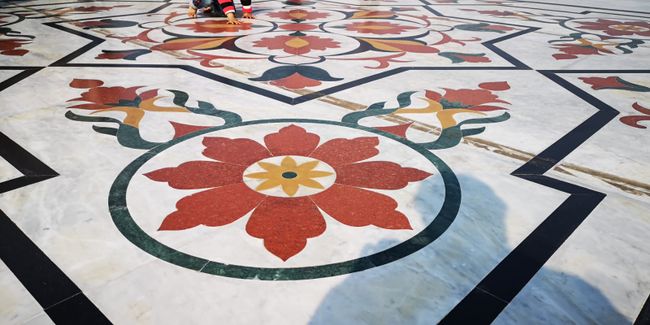
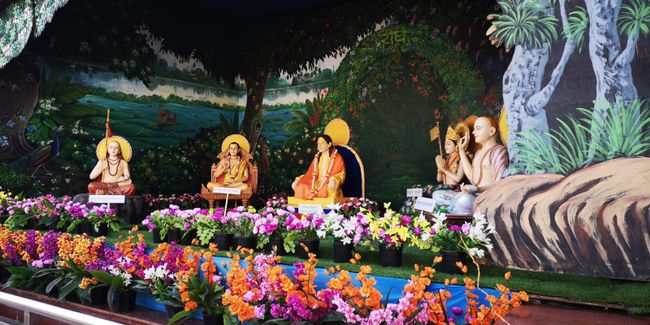
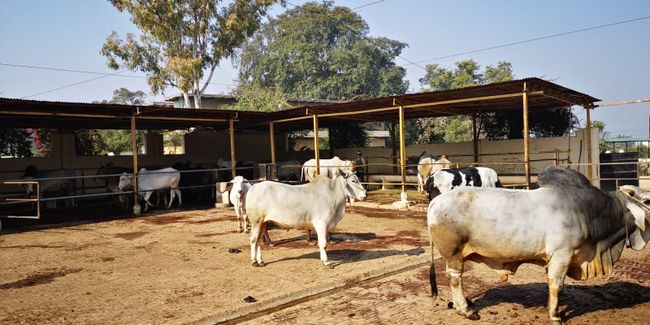
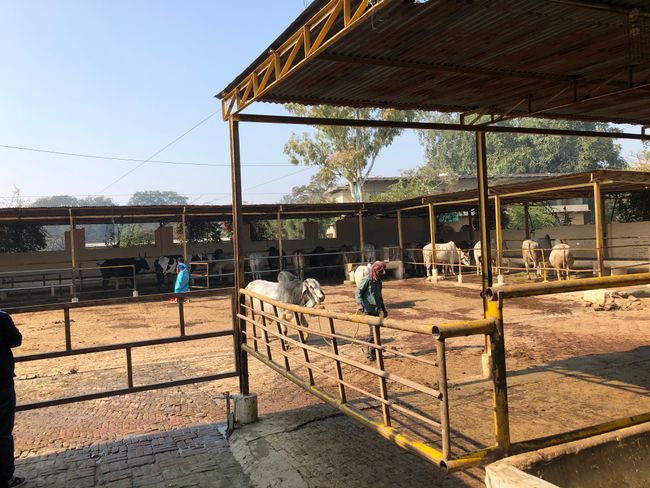
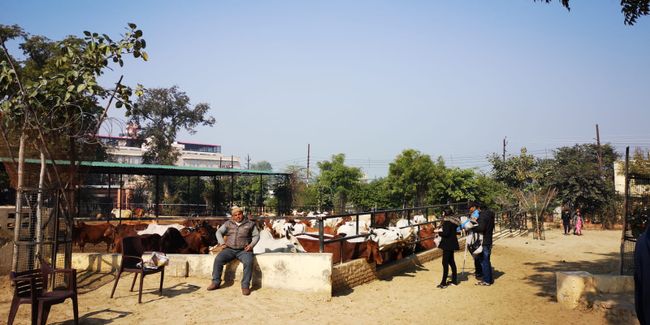
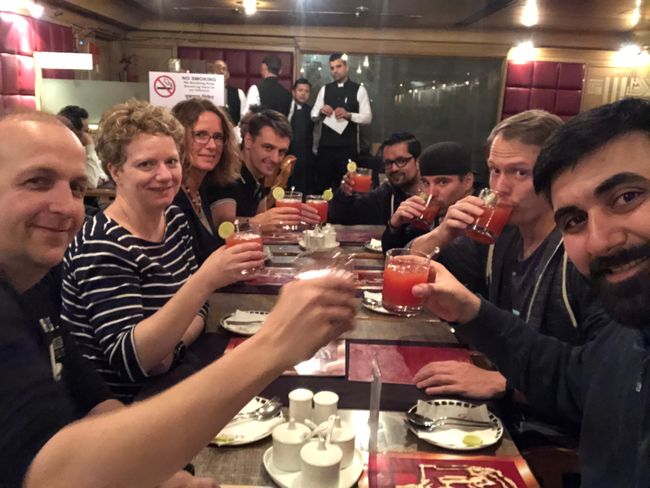
Teken in op Nuusbrief
12th January 2020
On the 2nd of January 2020, the eight of us set out to help people, but also to gain a better understanding of how the country India functions. I am sure that we were able to help a little, but I am also sure that we still do not understand much. Ravi gave us a great insight into many things, but we all have a lot to process and I think we need to try to make a judgment without a Western perspective and recognize the connections and motivations of the people. But before I write a summary in the next few days, let's start with our last day:
In the morning of the 12th January 2020, after a little breakfast, we set off towards the last temple of our journey. On the way there, we made an unscheduled stop at another rather unusual temple. We had seen it on our "return journey" the night before and really wanted to visit. It is the temple "Vaishno Devi Dahm". It is an oversized figure of an incarnation of the Indian Vishnu deity. The appearance of the whole temple is completely different from most other temples. It seems as if everything is designed like a small theme park. It's a bit strange, but not bad. Visually very colorful and diverse, but it feels more like being in Phantasialand.Afterwards, we continued to the actual destination of the day, the "Prem Mandir" temple. It is a Krishna temple that was completed in 2012. Like many other temples, it has been completely financed by donations from the faithful Hindus: about 4.5 million EUR. Although the temple is really beautiful with its predominant marble work, the recurring portrayal and worship of the guru who ensured its construction was very strange to us. The life and work of Kripalu Maharaj is described in numerous sculptures, paintings, and whole story setups. And here begins the strange ambivalence of this country for us. This man is indisputably a philanthropist who has founded countless non-profit organizations and built three hospitals that all people in India can use for free. On the other hand, this would not be necessary with a functioning healthcare system and a more liberal interpretation of the caste system. He passed away in 2013. Hopefully, the finance of the facilities he has donated will be secured even after his death and these hospitals will not join the circle of ruins in which people will be looking for housing in 15 years, who belong to the almost 70% of Indians who live in absolute, indescribable poverty due to, among other things, the nasty caste system. Almost one billion people in India live in poverty. That is an unimaginably high number. That is 12 times the total population of Germany. We have already asked ourselves a few times why another temple is being built in an underdeveloped region like Mathura, where there are already countless temples. And then not even all people are allowed to visit it due to their caste affiliation. It is very difficult to grasp, but it is part of this culture and belief. Therefore, we do not want to judge it from above. But that is just one of many questions that have been occupying us as a group since our journey. After visiting the temple, Ravi took us on a small rickshaw ride to a cow farm, to show us how the holy cows in India are kept for the production of milk for the population. In the middle of the city of Vrindavan, cows and bulls are kept separately on a relatively large area. These animals are known to be sacred in India. This means that here, cows are exclusively kept as utility animals for milk and dung production. It is very difficult to judge whether the keeping on the farm is better or worse than, for example, with our local farmers. It certainly cannot be compared in many ways. It feels like they place a high value on animal welfare here. After visiting the cattle farm, we returned to Delhi by bus, where we checked into the Lalit Hotel around 4:30 PM. Needless to say, the check-in process was very lengthy again, even though it is an absolute luxury hotel and surpasses the previous top hotel in Agra in terms of comfort. In the evening, we met Ravi for a last dinner in a very small restaurant (20 seats in total) in the vicinity of "Connaught Places". The Indian food was very good once again, and after a last stroll in the inner circle of "Connaught Places" and a last cocktail together in one of the bars, everyone eventually said goodbye and went to bed tired to prepare for the journey home.Lessons of the day: it was the end of our very impressive journey and it was the beginning of a friendship with a young man with whom we will surely have more to do in the future. Thank you Ravi and all the best on your path.Teken in op Nuusbrief
Antwoord (1)
Ravi
Thank you everyone for visiting India, it was amazing time with all of you and special thanks to Chris!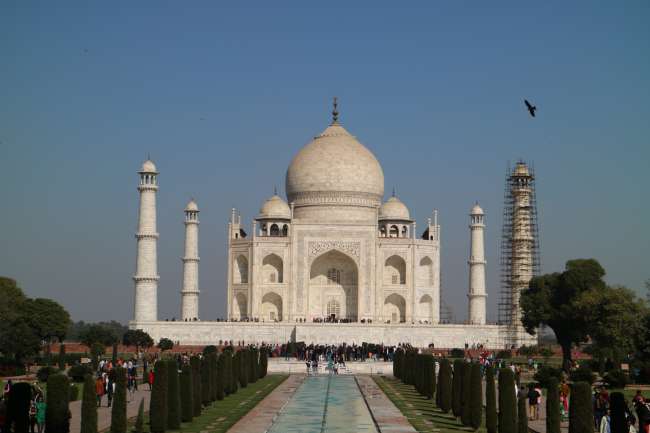
Reisverslae Indië
